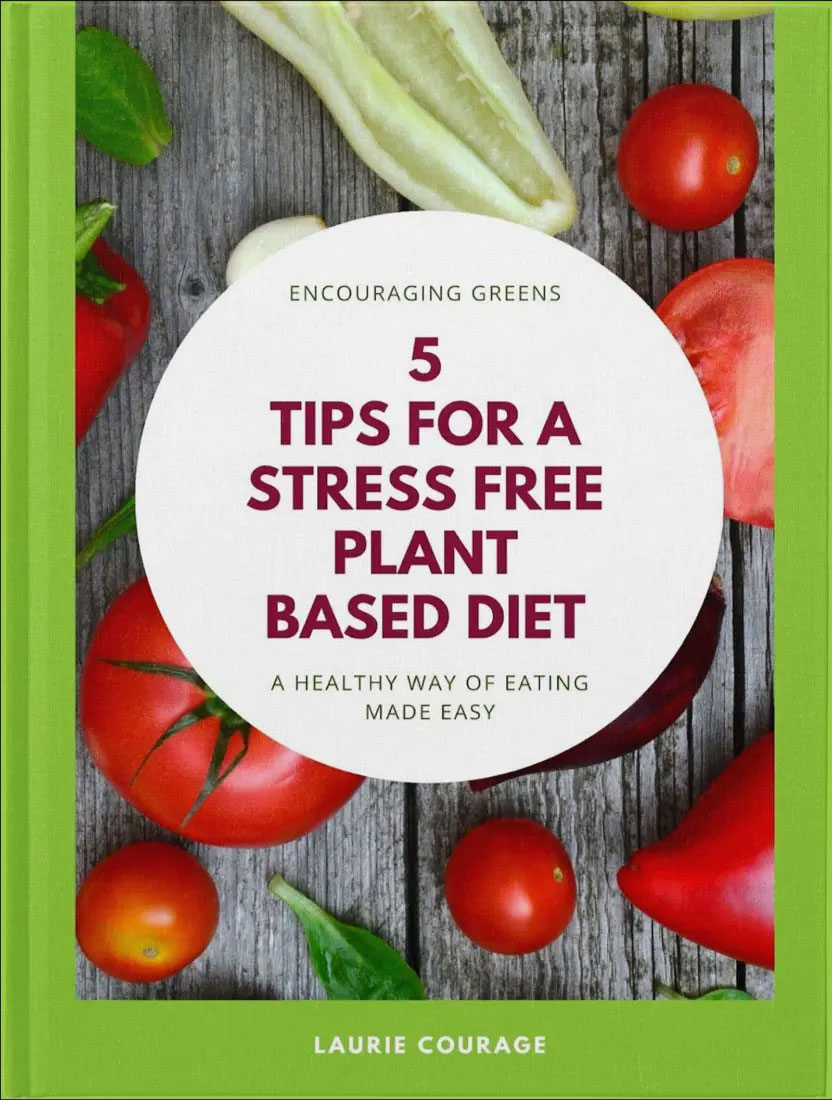At some point, many of us have had a conversation with a family elder, found an old letter, picture, inscription or, if we were fortunate, a partial family tree that inspired us to know more about our roots. Our family history might already be captured, perhaps thanks to a few tenacious relatives, in one of those ancestry or genealogy websites. And if so, you may know some names, dates such as birth, death, marriage, enlistment, and census addresses. If you have some letters, pictures or stories passed down, maybe you even know something about who they were or, maybe if you are lucky, how they died (and what they ate and how they lived). Especially if you want to know more about your health legacy.
Does it really run in the family?
Yes, I said lucky. There is something missing from most family trees, at least those that go back more than a generation or two, and that is their health story. What did they eat and why? What health conditions did they face? Why did they die so young from heart disease? Did they smoke or drink to excess? What did ‘dying of old age’ really mean for them? Why did one great grandparent live to their 90s but bury 3 spouses? When they emigrated, how did their food choices change with the poverty they faced or left behind?
When was the first time we had a cancer diagnosis? Did Diabetes really ‘run in our family or was it just something that everyone who ate at the same dinner table share in common? (Did you know spouses share more chronic health conditions than adult siblings who no longer live together?) Were there any autoimmune conditions or Gerd or arthritis or Sleep Apnea back when our food options were unprocessed? How tall were they and how much did they weigh throughout their life? How many steps did they walk each day and what did they do once they got there? When did they start eating what we now call the Standard American Diet (SAD)?
The SAD diet stops here.
As we become the family elders for our own families, we are an important bridge to our family’s legacy on many levels. Through pictures, family trees, and stories, we can continue to pass along what we learned from the past and we can also be the fork in the road, literally. We may not know all the health histories in our family, but we have a choice. We can choose to change how and what we eat to regain our health and be role models for our kids and grandkids, even and especially now. Our legacy can be sharing plant-based recipes, especially during the holidays and celebrations as we reimagine our food with all the love and little if any of the processed fat, salt and sugar, and we can try to move more, stress less, sleep better, and breathe deep.
Living longer isn’t enough; it is the quality of our life, our health expectancy, that will leave a lasting impression.
So many people point to an elder who lived past 90 and seems to wear their inherited genes from a small percentage of their lineage as a suit of armor that will save them from a diet of excess or the wrong foods or way too much screen time. In reality, that relative may have spent the first 50 years eating mostly whole-food, without wrappers, or walked 9 miles a day working on a farm, as was the case in the original Mediterranean Diet research. Their health history may have given them a strong immune system foundation to help them past the early onset of so many of the diseases now common in our youth.
Our grandkids aren’t so lucky. With all the processed foods and lack of fiber and vegetables, they are sadly already on a path to a shorter life and health expectancy (getting sick and on medication earlier) than we did.
Not for my kids. I chose a different health legacy.
Each of us has a choice about the legacy we want for our family. We put our financial affairs in order to pass along wealth to our families and causes. Our treasured photos and mementos are digitized or at least have a place of honor. Our truth may live on in a journal to share our stories and memories. However, we have another important legacy that we can do right now that will perhaps be the most important for our grandkids and theirs.
We can change our food, learn what and how to eat, and make a difference in our family health and longevity for generations to come. The SAD diet is no longer part of our family legacy, not anymore. It stops with us. We are not ok with our mid-60s being the normal age for our health expectancy to decline. If you would like help to rewrite your legacy, we can do this together. Please join my waitlist for my Eat to Heal Over 50 group coaching program starting soon.

